Dejavu, a French term meaning “already seen,” is a captivating phenomenon that has left scientists, psychologists, and philosophers pondering over its origins and implications. This intriguing experience often leaves individuals questioning the boundaries of reality and memory.
What is Dejavu?
Dejavu is the uncanny feeling of familiarity that accompanies a situation, even when there’s no logical explanation for having experienced it previously. It’s as if the present moment overlaps with a past memory, creating a perplexing sensation of reliving the past.
Types of Deja vu
- Biological Explanations
- Memory Processing
- Theories
Biological Explanations
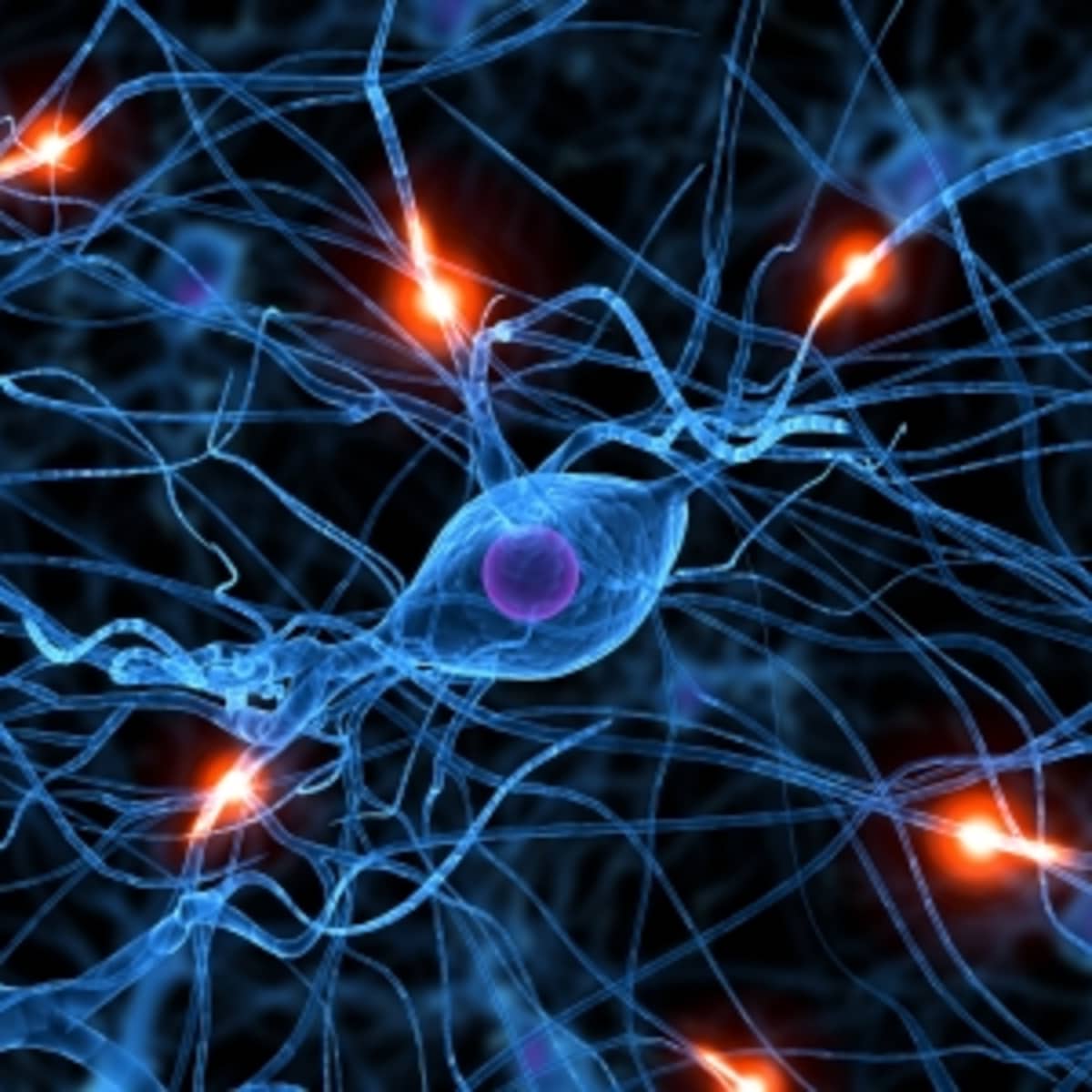
Many researchers attribute dejavu to glitches in the brain’s memory-processing mechanisms. The brain’s information-handling process sometimes leads to a momentary misfiring of signals, causing the feeling of familiarity.
Memory Processing
:max_bytes(150000):strip_icc()/InformationProcessingTheory-4f17da089b5a4383af8e3aa6a31ff346.jpg) Theories
Theories
Other theories suggest that dejavu occurs when a new experience is mistakenly processed as a memory due to a hiccup in the brain’s memory encoding process. This leads to the sensation that the current experience is a replay of a past event.
The Brain’s Role in Deja vu

Neuroscientists have delved into the brain’s intricacies to understand the neural mechanisms behind deja vu. The temporal lobe, responsible for memory formation, seems to play a pivotal role in triggering this phenomenon.
Exploring Neurological Triggers
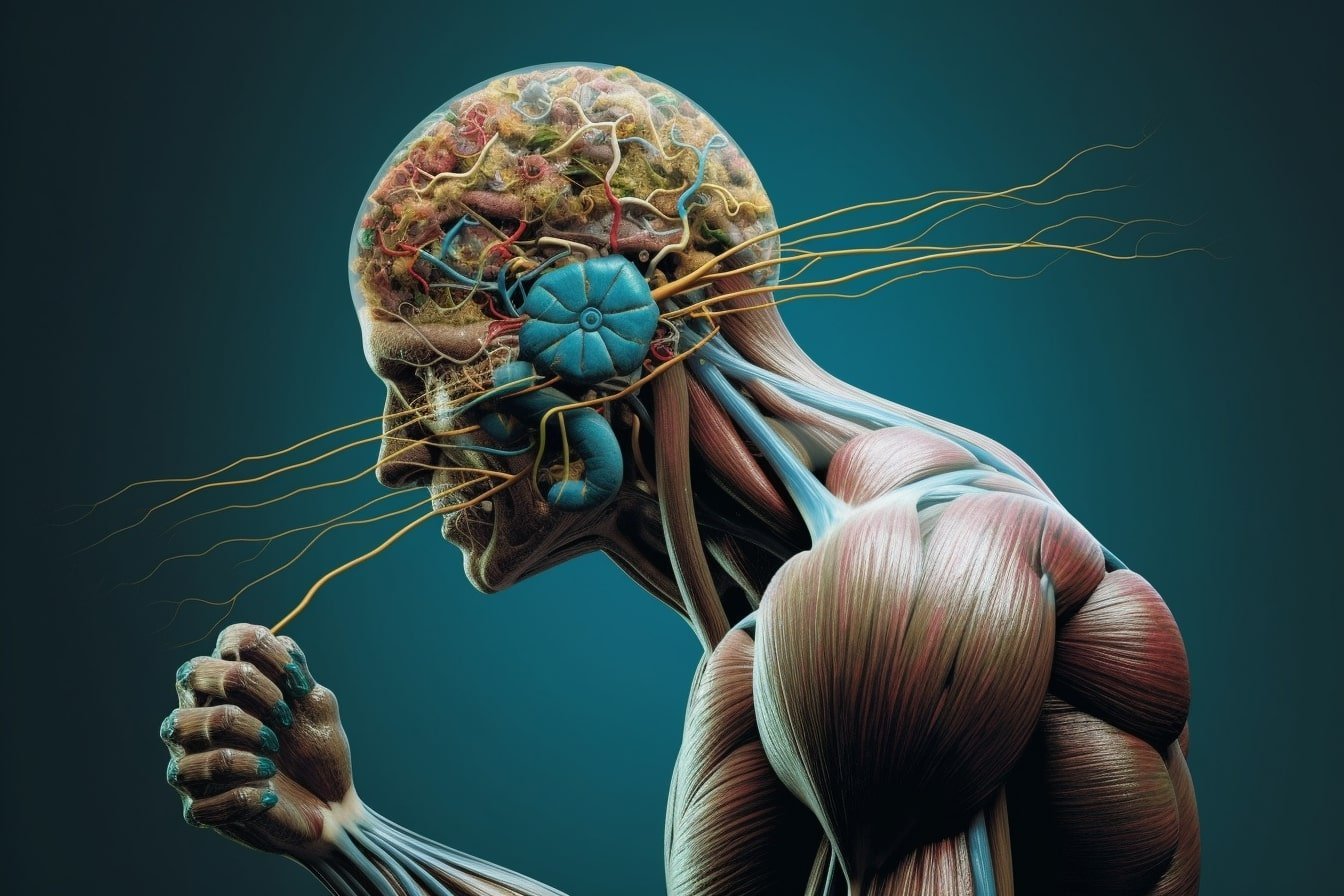
Certain neurological conditions, such as epilepsy, have been associated with heightened deja vu experiences. The electrical activity in the brain during seizures could potentially lead to distorted perceptions of time, contributing to the sensation of reliving past events.
Connection to Dreams

The overlap between dreams and reality is a fascinating aspect of deja vu. Some researchers propose that the phenomenon could arise from similarities between a current experience and a dream, blurring the lines between the conscious and subconscious mind.
Cultural Perspectives on Deja vu

Cultural beliefs also shape how deja vu is perceived. Some cultures view it as a sign of prophecy or a glimpse into a past life. These interpretations highlight the impact of cultural contexts on the understanding of this phenomenon.
The Uncanny Feeling: Parapsychological Views
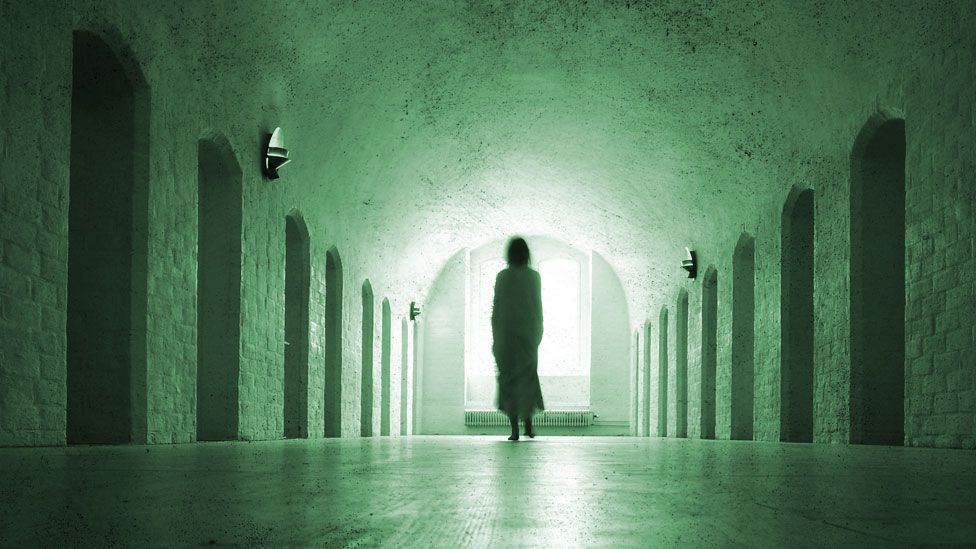
Parapsychological theories delve into the supernatural realm, proposing that deja vu might be connected to past lives, alternate dimensions, or psychic experiences. These views often spark intriguing debates within the scientific community.
Similar Phenomena: Jamais vu and Presque vu
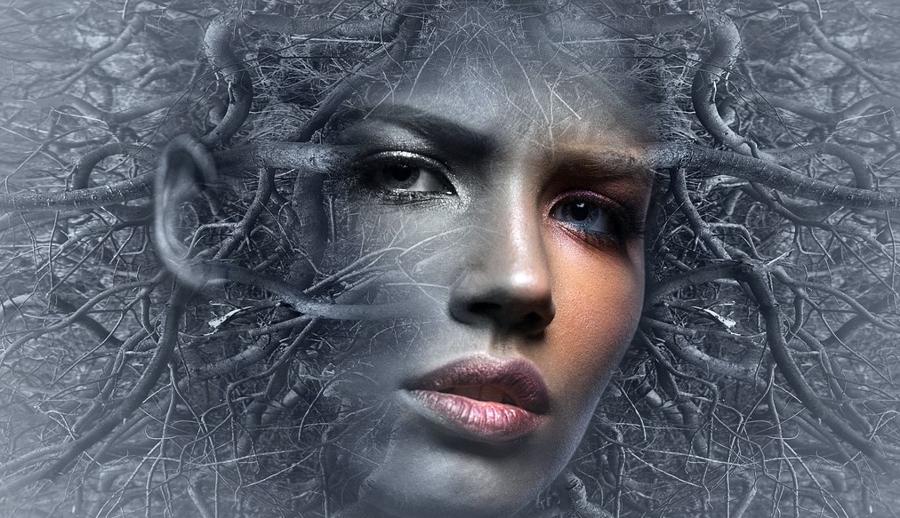
Jamais vu, the opposite of deja vu, involves experiencing a familiar situation as entirely new. Presque vu, on the other hand, is the frustrating feeling of being on the brink of remembering something but falling short. These phenomena shed light on the complexities of human memory.
Scientific Studies and Research Findings

Over the years, numerous studies have attempted to dissect the mechanics of dejavu. Neuroimaging techniques and cognitive psychology experiments have provided valuable insights into the brain’s processes during these episodes.
Factors Influencing Deja vu

Various factors can influence the occurrence of dejavu, including stress, fatigue, and neurological conditions. Understanding these triggers can offer valuable information about the brain’s intricate functions.
Debunking the Supernatural Theories

While supernatural theories capture the imagination, they often lack empirical evidence to support them. The scientific community remains focused on unraveling the natural mechanisms that underlie this phenomenon.
Coping with Frequent Deja vu

Individuals who experience frequent and intense deja vu might find it disconcerting. Developing coping strategies, such as grounding techniques or mindfulness practices, can help manage the unsettling feelings associated with these experiences.
Embracing the Enigma
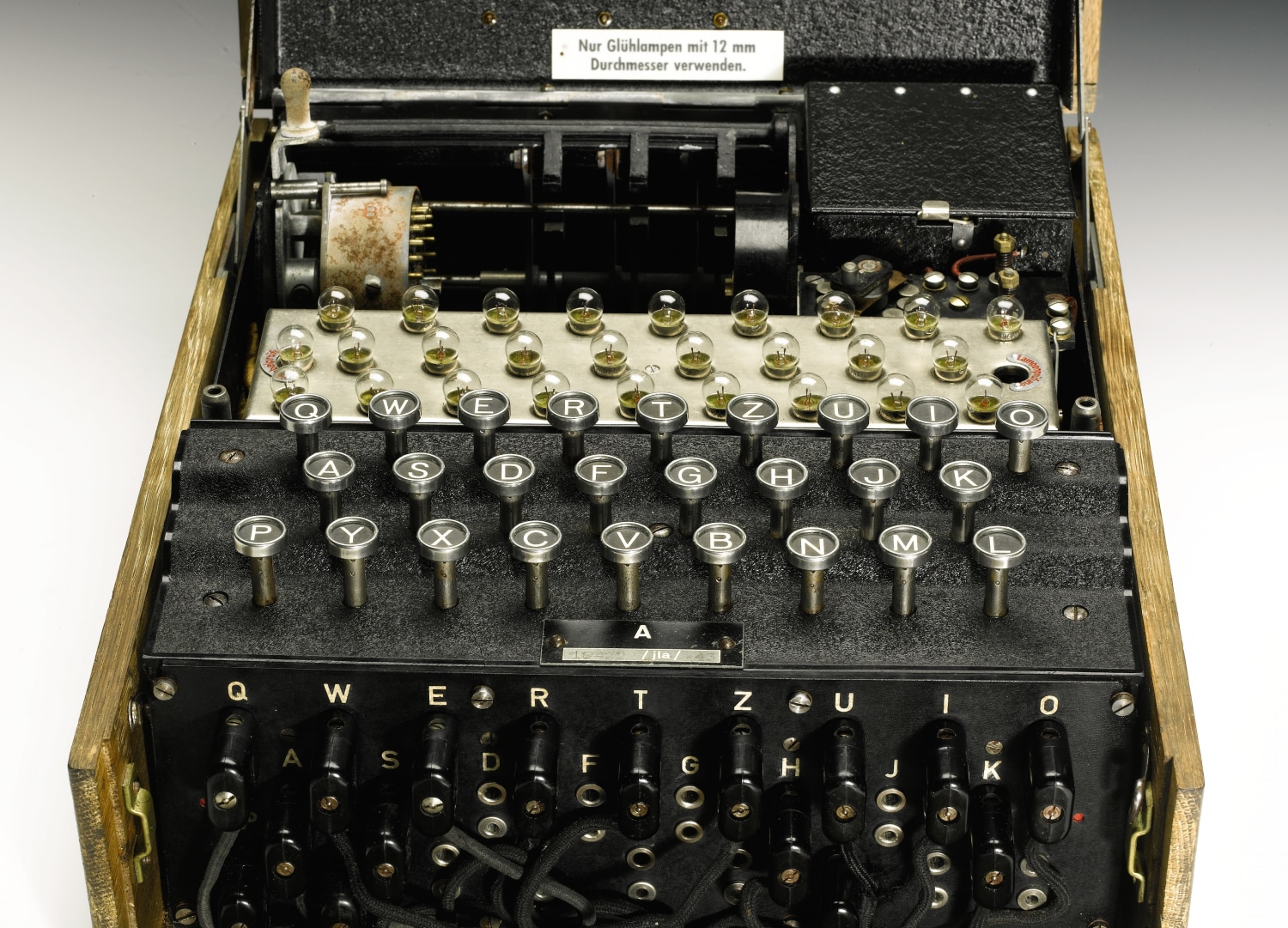
As much as science strives to explain deja vu, it remains an enigma that continues to intrigue and baffle us. Whether a product of neurological quirks or a glimpse into uncharted dimensions, the phenomenon serves as a reminder of the mysteries inherent in human cognition.
Summary
In the realm of cognitive phenomena, few are as captivating as deja vu. This intriguing and perplexing experience has prompted scientists, philosophers, and curious minds to delve into the depths of memory, consciousness, and reality. While many theories attempt to explain its origins, deja vu continues to remind us that the human mind is a complex and uncharted landscape.
FAQs
Q1: Is deja vu a rare occurrence?
A1: Deja vu is relatively common, with around two-thirds of the population experiencing it at least once in their lives.
Q2: Can stress trigger frequent deja vu?
A2: Yes, heightened stress levels have been linked to increased occurrences of deja vu.
Q3: Are there any health risks associated with frequent deja vu?
A3: Frequent deja vu is usually harmless, but if it’s accompanied by other unusual symptoms, it’s advisable to consult a medical professional.
Q4: Can deja vu be induced in a laboratory setting?
A4: Yes, researchers have successfully induced deja vu-like experiences using virtual reality and cognitive manipulation techniques.
Q5: How can one differentiate between deja vu and actual past memories?
A5: Deja vu is characterized by an overwhelming feeling of familiarity without a concrete memory of the specific past event. Past memories are usually more detailed and vivid.
